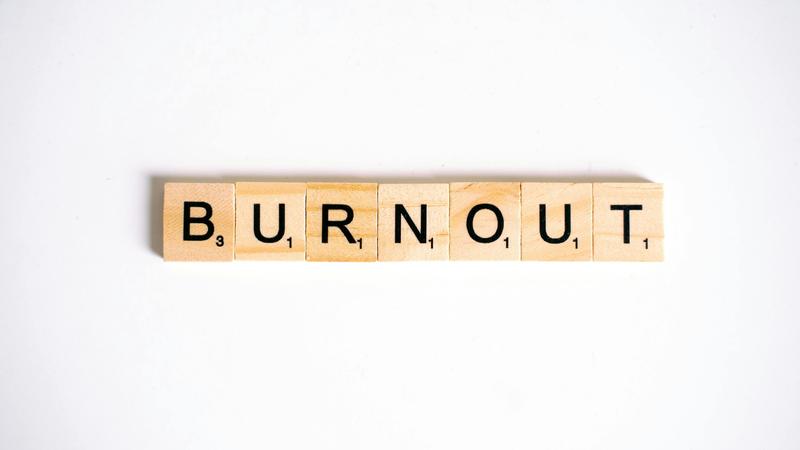Published 14:56 IST, September 24th 2024
3 Telltale Signs Of Burnout You Should Not Ignore
Be aware of these signs, and prioritize self-care to prevent burnout from affecting your health and well-being.

Everyone feels burnout at some point in their life. It’s natural to feel overwhelmed by the numerous demands of family, children, college, school, and work. In our pursuit of meeting expectations, we often forget to take a moment to rest and recharge. However, if this habit persists, it can become detrimental to your overall well-being.
“Burnout is a form of exhaustion caused by constantly feeling swamped. It happens when we experience too much emotional, physical, and mental fatigue for too long. In many cases, burnout is related to one’s job. But burnout can also happen in other areas of your life and affect your health,” explains WebMD.

Three major signs of burnout that you should never ignore
Emotional exhaustion: When you notice that you are feeling hopeless and unenergetic, it could be a sign of burnout. Other symptoms of emotional exhaustion are cynicism, and feeling detached and lonely.
Reduced performance: If you notice a significant slowdown in your ability to perform your usual tasks at home or work, it’s a clear sign that you need to take a step back and rest. Taking time to recharge will help you regain your physical and mental energy, allowing you to perform better in both your personal and professional life.
Mental burnout: If you experience getting triggered easily by simple daily conversations with others, it could be your mind telling you to take a break. Other signs of mental exhaustion are grief, loneliness, anxiety and sadness.

What happens if burnout is left untreated?
Be aware of these signs, and prioritize self-care to prevent burnout from affecting your health and well-being. Otherwise, it could lead to long-term effects such as depression.
WebMD confirms, “Burnout is usually related to one aspect of your life i.e your job, caregiving, or some other type of prolonged and stressful activity. Depression, on the other hand, affects every aspect of your life. Not treating burnout may raise your risk for depression.”
Updated 15:44 IST, September 25th 2024



